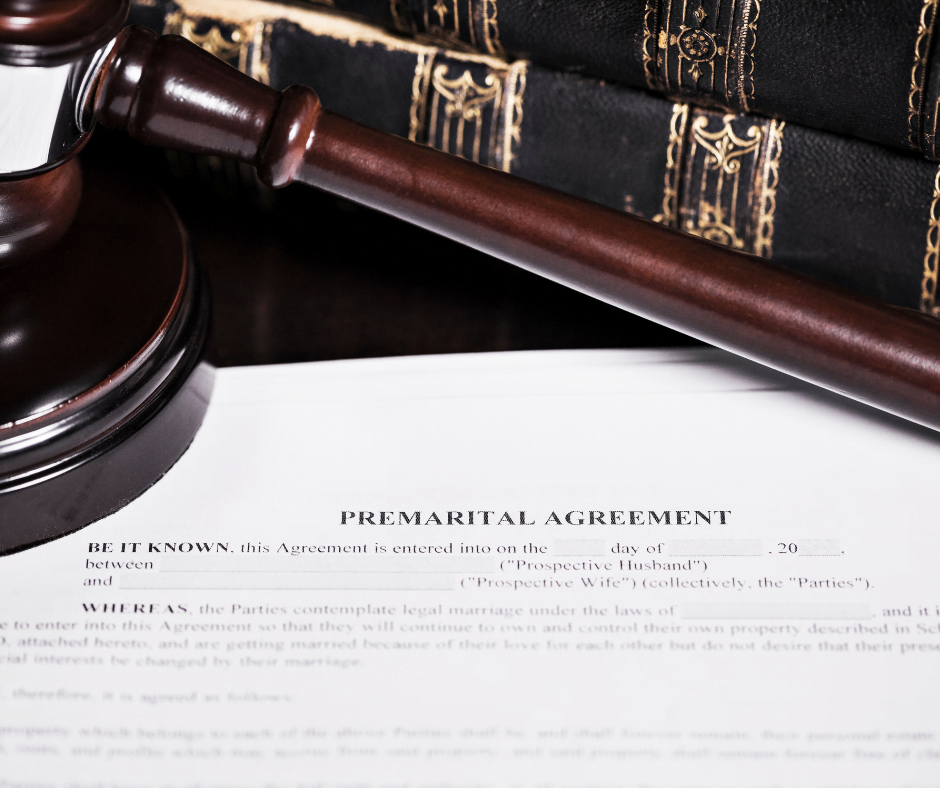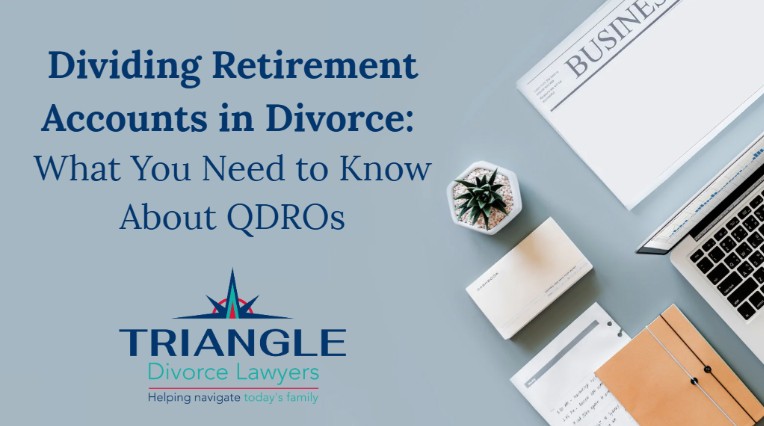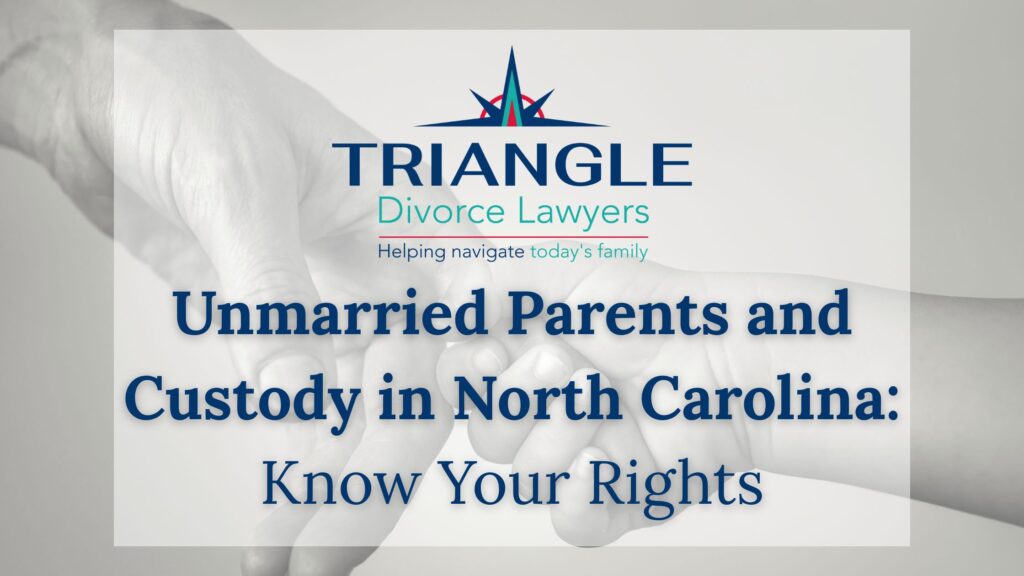Premarital agreements are usually the best way to prepare for a divorce property division. Like most other jurisdictions, North Carolina is an equitable division state. The judge must divide marital property equitably so the divorce is not an unfair financial burden on either spouse. This standard is very subjective. Words like “equitable” mean different things in different contexts. As outlined below, the Uniform Premarital and Marital Agreements Act, which North Carolina lawmakers recently adopted, is a game changer in this area.
A prenuptial agreement does more than lay the groundwork for an equitable property division. These agreements resolve financial disputes between spouses in advance, so these disagreements don’t have a chance to poison your relationship. A divorce lawyer can draft a valid premarital agreement in as little as one office visit. Given all these benefits, it’s easy to see why more and more couples take advantage of the streamlined UPMAA procedure and place their marriages on more secure foundations.
Making a Prenup
Premarital agreements are especially popular among people getting married for the second or third time. The divorce rate is exceptionally high in these marriages. The provisions in a premarital agreement make divorce less likely. Additionally, if the unexpected occurs, a premarital agreement makes a divorce less contentious.
Think of a prenuptial agreement like a fire insurance policy. No one wants or expects the house to burn down. Nevertheless, responsible homeowners buy fire insurance policies, just like responsible spouses should at least consider a prenuptial agreement.
Many couples get prenups even though they have few financial assets. Prenuptial agreements often address the complex inheritance and succession matters in these situations.
For these purposes, divorce is like death. Marriage dissolution usually terminates inheritance and succession rights for the children of that marriage. Many times, especially if a family business is involved, that’s not the result the parties intended.
Prenuptial agreements clarify these matters. Many spouses ask a Raleigh divorce attorney to draw up wills, trusts, and other executory documents to ensure their wishes are clear.
Usually, prenups in North Carolina focus on property matters, like ownership questions and spousal support caps.
Commingling often makes ownership an issue. If Husband owned a rented house before the marriage and Wife used a wedding gift from her parents to fix up the house, that property could belong to Husband or Wife upon divorce.
Spousal support caps usually involve stair-step provisions. The longer the marriage lasts, the less restrictive the cap becomes. This arrangement avoids “golddigger” allegations at the outset of the marriage. It also makes these limits more equitable for both spouses.
Breaking a Prenup
Prenups are solid contracts, but no contract is completely ironclad. Under prior law, individual judges usually had almost complete discretion to uphold or throw out prenuptial agreements. Results were very inconsistent, not only in different counties but also among various judges in the same county.
The UPMAA greatly changes things in this area. Now, a judge can only invalidate a premarital agreement if:
- Unconscionable: There is a difference between uneven and unconscionable. A 70-30 division or a very low spousal support threshold is uneven. A provision like “You get all the debts, and I get all the assets” is unconscionable. Additionally, the challenging spouse must prove the agreement was unconscionable when it was made, not at the time of divorce. This issue often comes up if one spouse owns stock certificates, which could be almost worthless one day and almost priceless the next day.
- Involuntary: Somewhat similarly, pressure to sign is almost inevitable. Some spouses even issue “sign or else” ultimatums. Such facts don’t make prenuptial agreements legally involuntary. Instead, the pressure must be extreme, like physical coercion or a groom springing a prenup on a bride right before she walks down the aisle. Prenups are also involuntary if one spouse withholds critical information from the other spouse, so s/he doesn’t fully know what s/he was signing.
The bottom line is that if each spouse had an independent divorce lawyer throughout the process, a judge is unlikely to void the agreement. If Wife pays Husband’s legal fees during prenuptial agreement negotiations, Husband’s attorney is not fully independent.
Most prenuptial agreements have severability clauses. If a judge invalidates one part, the remainder is still in full force and effect.
Talk to a Hard-Working Wake County Lawyer
To protect your legal and financial rights during a divorce or other proceeding, contact the experienced family law attorneys at Triangle Divorce Lawyers for a confidential consultation today.





